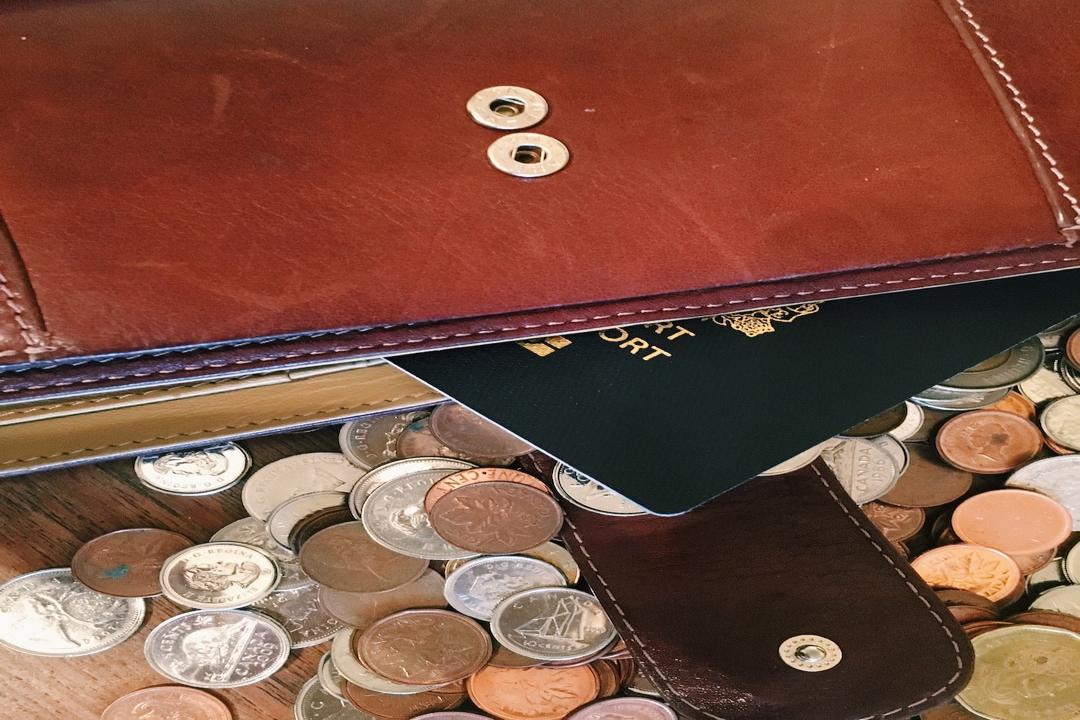
Nigerian Central Bank Lifts Crypto Trading Ban, Ending a Two-Year Prohibition
The Central Bank of Nigeria (CBN) has officially lifted its ban on cryptocurrency trading, giving banks the green light to facilitate crypto transactions for customers in the country. This decision comes after nearly three years of restrictions that prevented commercial banks from servicing Nigeria-based crypto clients.
The new regulation, signed by CBN Director Haruna Mustafa, was issued in a circular titled ‘Circular to all Banks and other Financial Institutions Guidelines on Operations of Bank Accounts for Virtual Assets Service Providers (VASPS).’ The aim of this directive is to regulate the crypto trading platforms that offer digital assets. In May 2022, the country’s Securities and Exchange Commission (SEC) introduced new crypto laws to promote adoption and safeguard users.
When the SEC regulations were announced, it was uncertain how they would be implemented in Nigeria due to the CBN’s restrictions on commercial banks and other financial institutions facilitating crypto transactions. The ban, which came into effect in February 2021, led to the immediate closure of bank accounts involved in processing crypto trades. These restrictions were put in place due to concerns about money laundering and terrorism financing.
During this period, Nigerian crypto traders turned to platforms that offered peer-to-peer (P2P) services, such as Binance, Paxful, and Remitano. Through these services, they were able to bypass the CBN ban and continue conducting crypto trades.
While the latest circular from the apex bank allows investors to trade cryptocurrencies directly with banks, financial institutions are reminded not to hold or trade cryptocurrencies in their accounts.
Nigeria has established itself as the African country with the highest number of cryptocurrency holders and is among the leading countries in terms of crypto users. Despite the growing interest in cryptocurrencies like Bitcoin among its citizens, the Nigerian government has yet to fully embrace Bitcoin as legal tender. In contrast, the Central African Republic (CAR) has followed in the footsteps of El Salvador, becoming the first African country and the second country globally to adopt BTC as legal tender.
Tags: Nigeria, Regulation













